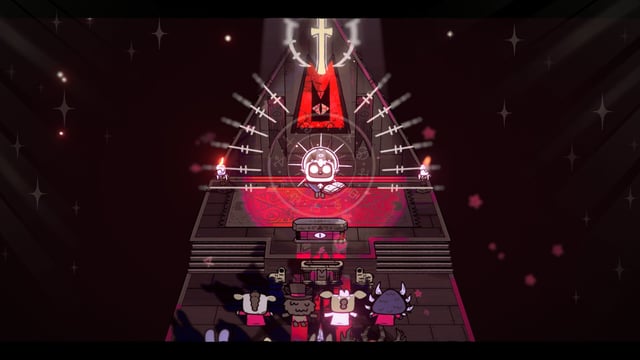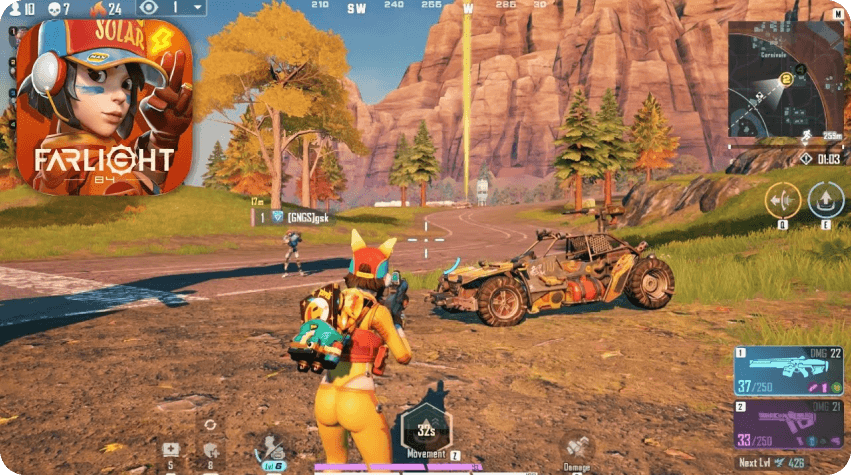The Unity Runtime Fee: A Disaster for Indie PC Game Devs?

Hey everyone, Brandon Sheffield here. For those who don't know me, I'm a co-founder of Necrosoft Games, known for titles like Gunsport and Democracy 3: Africa, and I’ve been writing about game development for years, most notably at Game Developer magazine. Today, I want to talk about something that’s been keeping indie developers – especially those focused on PC games – up at night: Unity’s new Runtime Fee policy. And let me tell you, it's a mess.
What Exactly Is This Runtime Fee?
In case you've been living under a rock, let's break down the initial, now-infamous, Runtime Fee policy. Unity announced that they would be charging developers a fee per installation of their game after certain revenue and installation thresholds were met. Initially, this applied to anyone on Unity Personal and Unity Plus who had made $200,000 in revenue in the last 12 months and reached 200,000 lifetime installs.
The fee structure was tiered, and this is where it got really ugly:
- Unity Personal/Plus: Developers meeting the thresholds would pay $0.20 per install.
- Unity Pro: The fee started at $0.15 per install and decreased with higher install volumes.
- Unity Enterprise: The lowest fee, also decreasing with volume.
The definition of "install" was nebulous from the start. Would reinstalls count? What about demo downloads? Early Access versions? It was a minefield of potential overcharges, especially for games that rely on multiple installs by the same user (think modding communities).
The backlash was immediate and immense. Developers raised concerns about fraud (what's stopping someone from botting installs to bankrupt a competitor?), the impact on charitable bundles, and the simple fact that this was a retroactive change to the terms of service. People were livid.
Unity then attempted to walk it back, revising the policy to apply only to Unity Pro and Enterprise users, and only counting initial installs from November 2023 onwards. They also increased the revenue threshold to $1 million and required users to be on the latest version of Unity. While this alleviated some immediate concerns, the damage was done. Trust was broken, and the fundamental unease remained.

Retroactivity: An Ethical and Practical Nightmare
Let’s be clear: changing the rules after people have committed significant time and resources is fundamentally unethical. Indie developers often operate on tight budgets, meticulously planning every dollar and hour. Many chose Unity because it offered a relatively affordable entry point. They based their financial projections on the understanding that Unity’s pricing would remain stable.
Now, imagine you're halfway through developing your dream PC game, a project you've sunk your life savings into. Suddenly, Unity throws a wrench in the works. Your budget is now completely out of whack. You have to scramble to figure out how to afford these new fees, potentially delaying your release, cutting features, or even abandoning the project altogether. This isn't just about money; it's about livelihoods and artistic visions.
Engine Alternatives: Escape from Unity?
So, what can indie developers do? The obvious answer is to explore alternative game engines. Here are a few popular choices:
- Godot Engine: The darling of the indie scene right now. It's open-source, royalty-free, and surprisingly powerful, especially for 2D and stylized 3D games. Godot's GDScript is easy to learn, and the community is incredibly supportive. The downside? It’s not as mature as Unity, so certain advanced features might require more elbow grease.

GameMaker Studio 2: A fantastic choice for 2D games, especially if you're focused on rapid prototyping. GameMaker's visual scripting language, GML, is relatively easy to pick up, allowing you to get a game up and running quickly. However, it's primarily geared towards 2D, so if you're working on a 3D project, it's not the best fit.
Unreal Engine: The powerhouse. Unreal Engine is free to use until you hit a certain revenue threshold (currently $1 million), and it's capable of producing stunning visuals. The Blueprint visual scripting system makes it accessible to non-programmers. The catch? Unreal has a steeper learning curve than Unity or Godot, and it's overkill for many smaller indie projects.

The Million-Dollar Question: Can You Actually Switch?
Switching engines mid-development is a monumental task. It's not just about learning a new interface; it's about rewriting code, re-creating assets, and potentially redesigning entire systems. The learning curve can be steep, and porting challenges can be significant. For some studios, especially those with complex projects or limited resources, it might simply be impossible. They're effectively locked into Unity, forced to accept the new terms or abandon their work.
The Impact on Indie Games – and PC Gamers
The Unity Runtime Fee controversy has real-world consequences. One high-profile example is ZA/UM, the developers of Disco Elysium. While they haven't made explicit public statements directly tying the fee to their development plans, the uncertainty surrounding Unity's future has undoubtedly impacted their decision-making process. The PC gaming community loses out when studios like ZA/UM are forced to divert resources from development to damage control.

We're talking about potential delays, price increases, and even cancellations of highly anticipated PC games. Imagine waiting years for a sequel, only to have it shelved because the developers can't afford to use the engine they originally chose. Or picture a game being released with crippling bugs because the team had to rush the engine migration. These are the very real possibilities facing the PC gaming community.
Furthermore, even if games do get released, the added cost of the runtime fee could be passed on to consumers, making indie games less accessible to a wider audience. This hurts everyone involved.
Where Do We Go From Here?
The Unity Runtime Fee debacle is a stark reminder that indie developers are vulnerable. We rely on the good faith of engine providers and platform holders. When that trust is broken, the consequences can be devastating.

The future is uncertain. Some developers will switch to other engines, embracing the challenges and opportunities that come with it. Others will stick with Unity, hoping that the company will learn from its mistakes and become a more reliable partner. Regardless, the indie PC game development landscape has been irrevocably changed. We need to support indie developers now more than ever, so that they can continue to create the innovative and engaging games we all love.